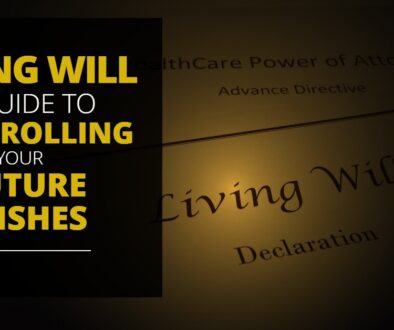Aging Is The Sign Of A Successful Life

Your aging is a success story. After all, when you think about the alternative to aging your perspective about getting older shifts. You should start seeking self-sufficiency for your retirement years well before the age of sixty-five. But, even if you have not done so, don’t shun the planning stages. You need to address planning no matter what your age. Some preparation is better than none at all. It can provide you with some peace of mind and can take pressure off family members who would have to make their own income adjustments to be able to provide money to support your cost of living. No one wants to become a burden to their children or otherwise extended family. It feels good to be able to provide for oneself (and one’s spouse) no matter how lavishly or modestly. It is a relief to know that you have solid plans as well as contingency plans for the future. Although it can be hard work and tough to realize how much it will take to cover your future living expenses, putting off the planning stage does not lead to easier or better outcomes. Below are four key considerations when planning for aging.
- Consider Your Location
Many seniors prefer the idea of living out their lives in their own home but there is much to consider about that approach. Are you close to family members or someone willing to help drive you to doctor appointments and grocery stores when you are no longer able? Can your home accommodate a wheel chair; is there a bedroom on the first floor or is there a way to get up and down the stairs? How expensive are the property taxes in your area? How mild is the weather? If you want to go to a retirement community, what locations are most affordable as well as most desirable? How would you transition to less independent living over time?
- Do Some Worst-case Planning
Once you know your location goals, do some worst-case planning. Adverse health and unforeseen life events can ravage your finances unless you are already managing a sizeable sum of assets or have incorporated proper planning. You might look for advice as to how to turn a nest egg into retirement income, or how to add to your long-term insurance care, or to establish some long-term insurance care. Think particularly about in-home care should your goal be to stay in your own home as you age.
- Understand Your Options for Long-term Care Insurance
You need to know if your state has approved the Long-Term Care Partnership Program, a joint federal-state policy initiative to encourage the purchase of private long-term care insurance. A professional can explain to you how it can protect some of your assets if you would require extensive care in the future, for instance for Alzheimer’s disease, which could potentially exhaust your private insurance policy benefits and require you to apply for Medicaid. A professional can also advise you if there are any federal or state tax incentives available to you for long-term care partnership insurance. You can also discuss implementing some additional life insurance that can remain in force until you are eighty. It can help a spouse with extra money should something happen to you. In the meantime, both of you could sleep better at night knowing the insurance policy is in place. The point is, you need to examine some potential worst case expenditure scenarios and how you would be able to meet the needs of your care should the moment arise.
- Embrace Preparation
Your ageing is the sign of a successful life. Embrace how you prepare for your senior years no matter what your age is, and the sooner the better! We can assist you with careful thought, planning, and decision making for the best outcome possible for you and your loved ones.





